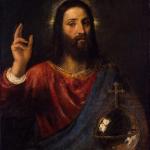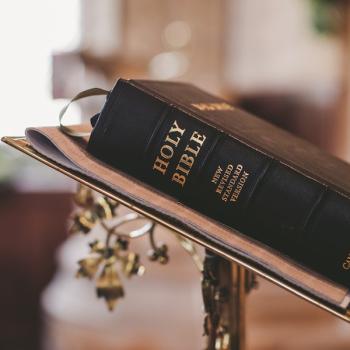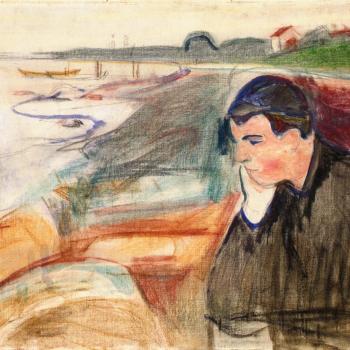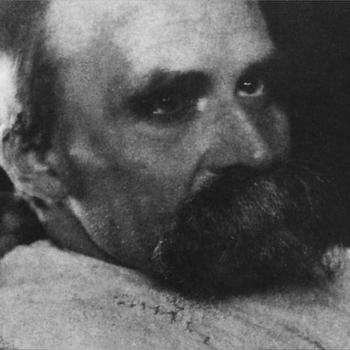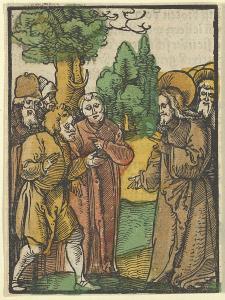
Pope Francis has become notorious for (among other things) his comments on “rigid” Catholics. Unsurprisingly, this has invited speculation from some very happy to applaud what they see as a turn against a traditionalism wistfully nostalgic for the “good old days” before Vatican II. As one (rather-balanced) piece by Timothy Kirchoff puts it:
I have been pondering this statement since I first read it. I wondered whether I was the sort of person he had in mind. Was I a “rigid” Catholic? The experience of being surrounded by the saints at the Latin Mass was one of the most profound and formative spiritual experiences of my teenage years.
I have also been thinking about the pope’s words because his struggle to understand young traditionalists echoes the suspicions held by many older Catholics who lived through the Second Vatican Council, particularly priests. (Plus, the pope has recently reaffirmed his commitment to the liturgical reform of Vatican II, saying it is “irreversible.”) (America)
On the other hand, many Latin-Mass attendees have decided these comments are a threat, a declaration of war from a pope many among them already distrust. This is just another example of the pope’s inability to understand why people worship at the Tridentine Mass, another misstep from a man wavering between the barely tolerable and outright heresy.
This has left me wondering: what is a “rigid” Christian (or, in this particular case, Catholic)? Who’s right? Is the pope actually sneering at young Latin Mass-goers? Is this a self-validating attack (if you think he’s talking about you, maybe you are “rigid”)? Are people merely overreacting? On the one hand, I agree with Timothy: we could do with more mutual understanding across divisions in the Church. For what it’s worth, I am a supporter of an emphasis on ad orientem Novus Ordos and support the growth of Tridentine Mass-celebrating parishes. I don’t think people wanting “more traditional” (a complicated term) liturgies are inherently rigid. On the other, I do think there is something worth reflecting on in the pope’s words, something perhaps most common among those committed to traditionalism, but easily a danger for any and all believers.
I’d like to define “rigidity” then, in terms of two phenomena: one is a sort of quasi-Pelaginiasm recently discussed by Pope Francis; the other is a tendency to inculcate scrupulosity in people. I am, of course, not saying that anyone and everyone interested in traditional liturgies and the like is “rigid” in this sense. I merely mean that such people are especially disposed to these problems.
On the first count, and as I mentioned above, the pope has directed our attention to this phenomenon quite recently in Gaudete et Exsultate. Pelagianism is most often associated with the idea that we, by our own free will, can save ourselves. This is not incorrect (though it’s quite hard to know exactly what Pelagius taught, since few of his writings survive). But there is a corollary here. As Peter Brown has put it, “Pelagius wanted every Christian to be a monk.” In other words, he did not respect the fact that Original Sin drags us down; he failed to see that we as human beings are caught up in a web of sinful associations—confused, pulled, torn. Again, Brown:
For the Pelagians, man had no excuse for his own sins, nor for the evils around him. If human nature was essentially free and well-created, and not dogged by some mysterious inner weakness, the reason for the general misery of men must be somehow external to their true selves; it must lie, in part, in the constricting force of the social habits of a pagan past.


